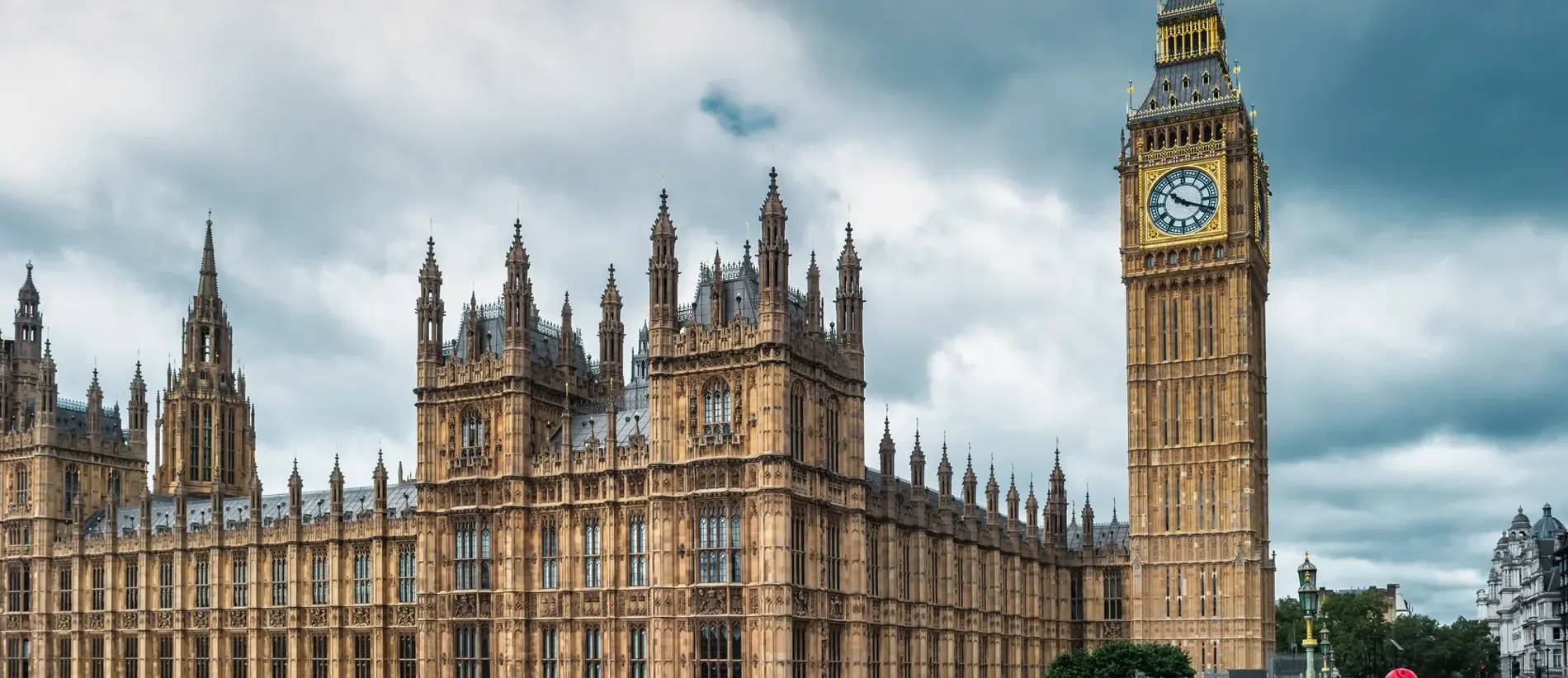Skip to main content
ALERT / NOVEMBER 19, 2025
The United Kingdom proposes pension scheme reforms
6 MIN READ
The United Kingdom has proposed large-scale reforms to workplace pension schemes. Key changes include new assessment and reporting requirements for defined contribution (DC) schemes, mandatory default retirement solutions, automatic consolidation of individuals’ small pension pots, minimum size requirements for schemes used for auto-enrolment, and a contractual override right for Group Personal Pension providers. The proposed changes are currently undergoing parliamentary scrutiny and have yet to be passed.
Background
The government introduced the much-anticipated Pension Schemes Bill (the “Bill”) to Parliament on 5 June 2025, following the completion of the first phase of its landmark pensions review, which focused on investment and scheme scale.
The Bill is currently in its final stages in the House of Commons and will proceed to the House of Lords next. The Department for Work and Pensions has published a roadmap (opens a new window) for implementing reforms, with key dates extending to 2030. More information can be found in Hymans’ “60-second summary (opens a new window)” and policy summary (opens a new window).
The government has also launched a second phase of the pensions review, which focuses on ensuring members have adequate retirement income. A final report setting out proposals for changes is expected in 2027.
Current workplace pension landscape: All employers are required to provide retirement benefits to eligible employees via automatic enrolment into a workplace pension scheme. The minimum total pension contribution is 8% of an employee’s qualifying earnings, with the employer paying at least 3% and the employee contributing the difference. See the UK government’s official website here (opens a new window) for more details on eligibility and contribution rates.
Employers typically offer one of the following:
Occupational pension schemes: These are usually DC schemes provided through single-employer trusts or master trusts. Master trusts are multi-employer schemes regulated by The Pensions Regulator. While defined benefit schemes were once common, they are now in decline due to their high and unpredictable costs. Most employers have transitioned to DC schemes, which offer more predictable financial obligations.
Group Personal Pensions (GPPs): These are contract-based DC schemes arranged by employers with providers, which are regulated by the Financial Conduct Authority. Each employee has an individual pension plan and holds the contract directly with the provider. The employer makes contributions to the plan and facilitates the employee’s contributions.
Key details
The most relevant details for employers to note include the following:
“Value for money” assessment and reporting requirements
The Bill would require trustees and managers of all DC pension schemes to assess and publicly report on value for money across investment performance, costs and charges, and service quality, starting in 2028. Poor-performing schemes will need to improve or consolidate.
The requirements are generally expected to apply to all occupational pension schemes and GPPs, but regulations will be made to set out more details on the requirements, including which relevant pension schemes will fall within scope.
The proposed requirements would provide employers with access to better data about scheme performance, helping them to choose pension schemes that deliver better outcomes for employees.
Default retirement solutions (default decumulation)
DC pension schemes will be required to offer default pension benefit solutions for members who have not selected a pension benefit solution (i.e., how to access their pension in retirement). These must be designed to provide a regular income for members in retirement. They must also take account of the needs and interests of the scheme’s members, such as age profiles and expected retirement dates. Regulations will be made on how trustees and managers are to assess such needs and interests.
Examples of such solutions include lifetime annuities through insurance providers, flexi-access drawdown (which allows members to withdraw money gradually), and pension commencement lump sums.
Regulations are expected to be introduced to define which pension schemes fall within scope, but this is initially expected to apply to master trusts from 2027 and GPPs from 2028.
Small pot consolidation
Since the introduction of automatic enrolment in 2012, individuals have been accumulating multiple small pension pots across auto-enrolment pension schemes under different employers. While individuals can choose to manually consolidate their pension pots, this process does not take place automatically and can be complex and time-consuming.
The Bill would introduce new rules from 2030 to automatically consolidate small pots that have values of GBP 1,000 or less and have been inactive for at least 12 months. Small pots within this definition will be automatically consolidated into an authorized consolidator master trust. Master trusts must apply to be selected as authorized consolidators.
Minimum size requirements for schemes used for auto-enrolment
The Bill proposes that any master trust or GPP used for auto-enrolment must grow to at least GBP 25 billion in assets within its main default investment fund (i.e., the fund used for members who do not actively choose how their contributions are invested) by 2030 or face possible consolidation.
Contractual override right for GPP providers
The Bill would grant GPP providers the right to make certain unilateral changes to a member’s contract, such as transferring a member out of underperforming or outdated plans without needing the member’s consent. This right may only be exercised if the provider concludes that the change meets a “best interests test”, meaning that it is reasonably likely that the change will achieve a better outcome for the directly affected members of the scheme and no worse outcome for the other members of the scheme, compared with any other possible actions.
This new right is being proposed to simplify consolidation of pension schemes and provide employers with greater flexibility to move to better performing or more cost-effective providers. This is expected to apply from 2028.
Employer action: PREPARE TO ACT
The Bill is designed to encourage the consolidation of DC pension schemes into fewer, larger, and better-performing arrangements, with the aim of improving retirement outcomes for members. Employers and Governance Committees should take note of this shift and assess whether their current pension setup delivers strong value for members and whether the provider is likely to meet future expectations.
Employers should speak with their pension provider to understand how they are preparing to align with the government’s proposed reforms. While the industry is still waiting for more detail on the regulations, it is important to stay informed.
Employers should also look out for any updates from their auto-enrolment pension provider about meeting the new minimum size requirement. There is a possibility that the default investment fund currently offered under the scheme could be merged with its other default funds so that the main default fund meets the GBP 25 billion requirement. Additionally, schemes that are unable to meet the minimum size requirement may merge with other schemes.
For more UK pension updates and insights, read Lockton’s Autumn 2025 edition of Pension Pathways here (opens a new window).
Further Information
Pension Schemes Bill - Parliamentary Bills | UK Parliament (opens a new window)
Written in collaboration with:
Mark Hathaway
Pensions Team Manager, UK People Solutions


